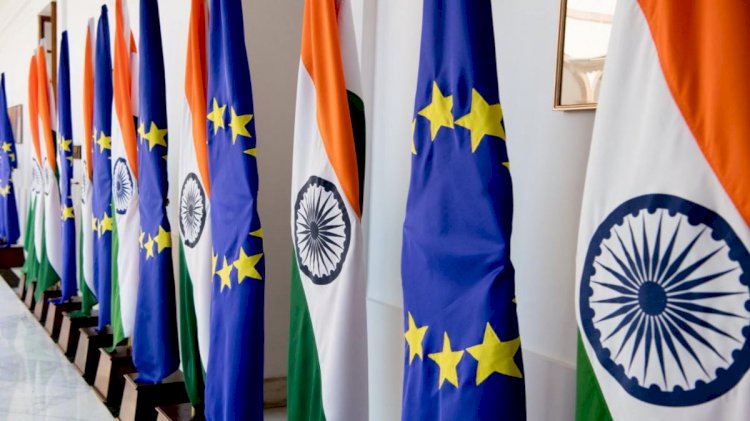India-EU renew Science & Technology Coperation Agreement
Co-investment has increased to tackle affordable healthcare, water , electricity, food and nutrition

In the next five years , India and the European Union have renewed their agreement to extend scientific and technological cooperation with a view to strengthening their cooperation in this region. The two sides decided last week in July 2020 to extend the deal on scientific cooperation until 2025 at the 15th India-EU Summit, which was headed by Indian Prime Minister Narendra Modi.
President of the European Council Charles Michel and President of the European Commission Ursula von der Leyen headed the European Union delegation. The deal was first concluded on 23 November 2001, and was renewed in 2007 and 2015.
The level of co-investment in Indian-EU research technology development ventures has been stepped up over the last five years to tackle societal issues such as affordable healthcare, water , electricity, food and nutrition.
The partnership focuses on water, green transport, e-mobility, renewable energy, circular economy, bioeconomy, health and ICT. Additional fields such as climate change , sustainable urban ization, manufacturing , advanced materials, nanotechnology and biotechnology, food production and ocean science may also be considered in the future.
The EU and India are high on the human development and innovation front. For India, twin goals are addressing its people's basic needs, including through frugal innovation, and excelling in high-tech markets. All of these fields present mutually beneficial opportunities for collaboration between the EU and India.
All sides will benefit from expanded interactions between students, researchers and professionals. India and the EU have a common interest in talent mobility across borders.
"The EU-India partnership should also foster innovation by supporting networking between EU and Indian innovators, start-ups, incubators and accelerators through the development of joint offline and virtual platforms and through coaching , training and exchange of staff.
Highly trained employees could be integrated into Indian and EU-led innovation systems industries and help to sustain technology-based leadership and share best practices, internationalize SMEs and contribute to the global value chain.





























